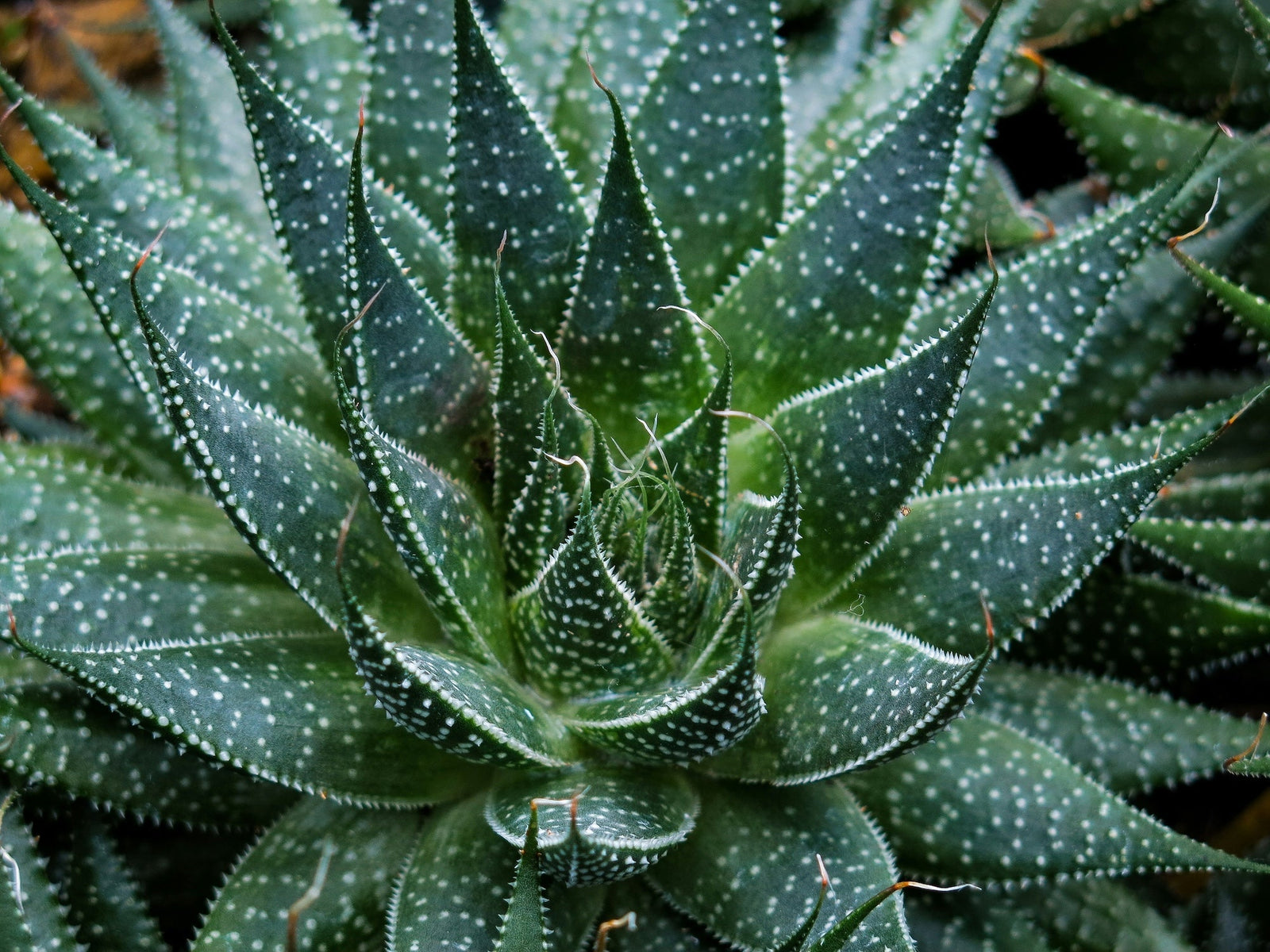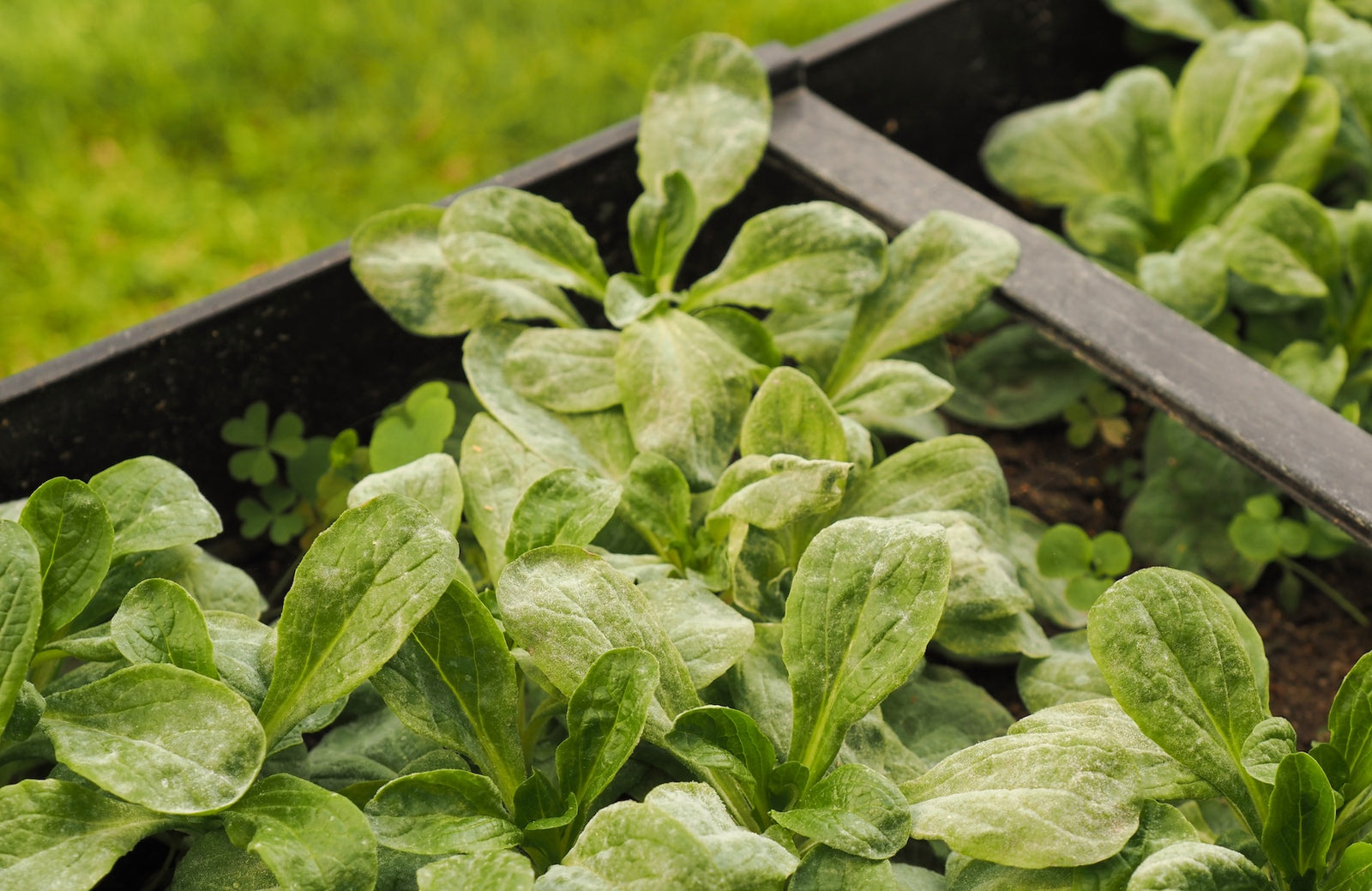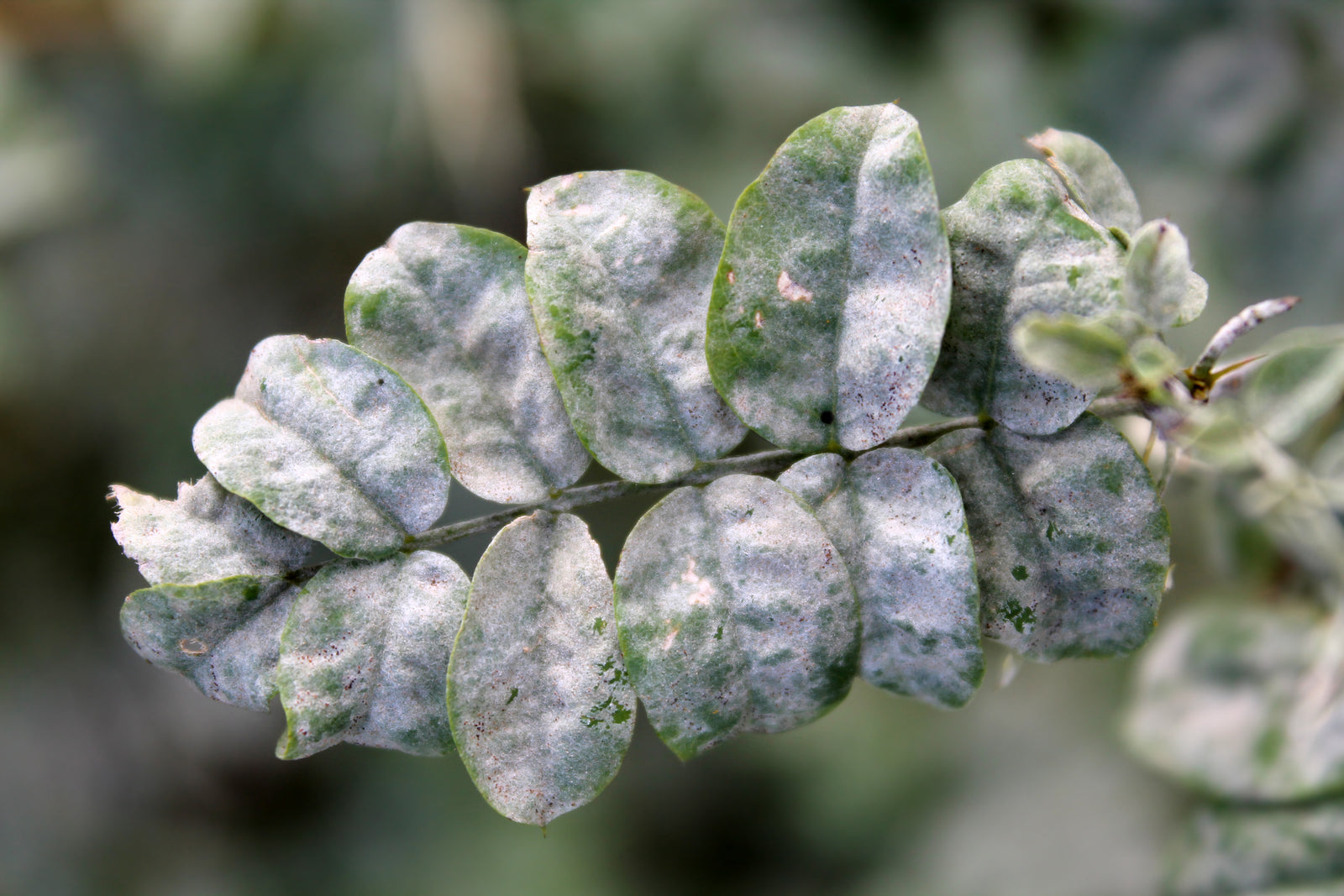
It’s mid-summer, your tomato plants are humming along and even starting to bear fruit. Then one day while checking your toms, you notice lots of leaves in the middle and bottom of the plant are either munched or totally gone. Your tomatoes themselves might even show damage. What happened?
You’ve probably unknowingly provided a four-star restaurant for a large caterpillar known as the tomato hornworm (Manduca quinquemaculata). This chubby, ever-hungry garden pest is generally green, with several V-shaped marks down its back, and a blue/black “horn” on the tail.
Hornworms can be controlled with any organic pesticide formulated for caterpillar control. Hand-picking and dropping into a bucket of soapy water is also good if it doesn’t freak you out to handle them (wear gloves, though). However, if it looks as if they are covered with bits of rice, please leave them – those are the cocoons of the braconid wasp pupae. When the wasps emerge from their cocoons they’ll get rid of your hornworms for you – and breed more hornworm killers.

Try keeping one or two hornworms, though, and put them in a jar with holes punched in the lid and some leaves for food until they pupate. Hornworms are the larvae of a rather fascinating moth. Watching this fat ugly caterpillar turn into a lovely creature over the course of a couple of weeks is a great experience for gardeners young and old. Once they reach the moth stage, they are no longer a direct threat to plant health and can be set free (but let them go somewhere away from your tomato plants – since they will otherwise lay eggs on your plants and start the cycle all over again).




